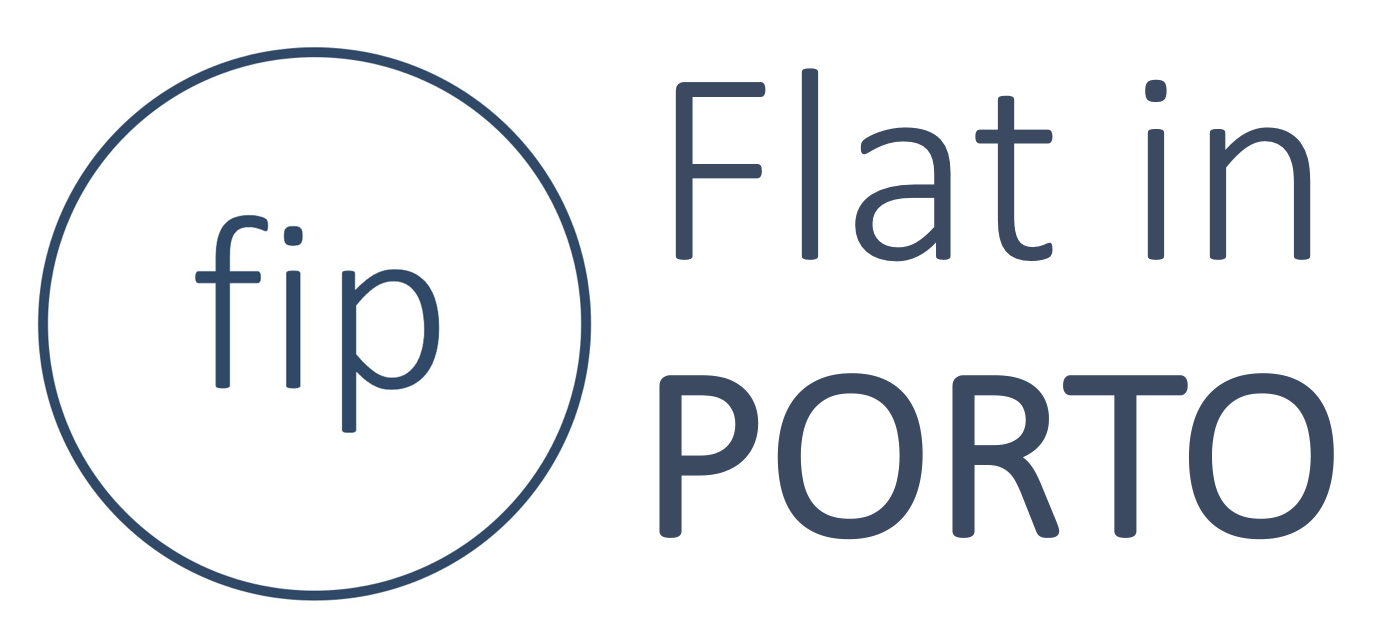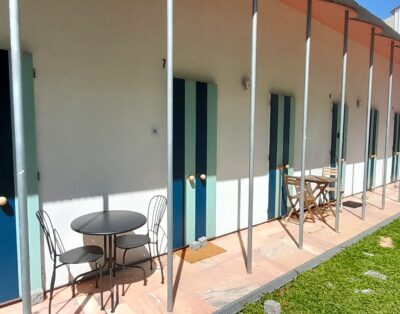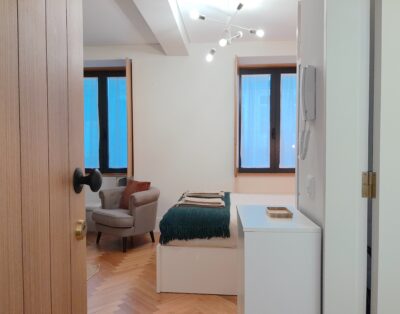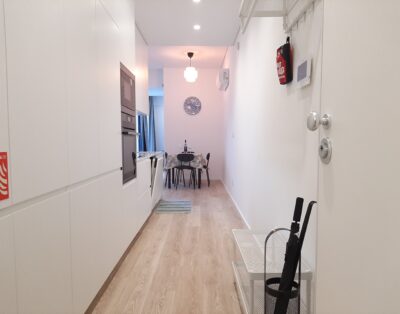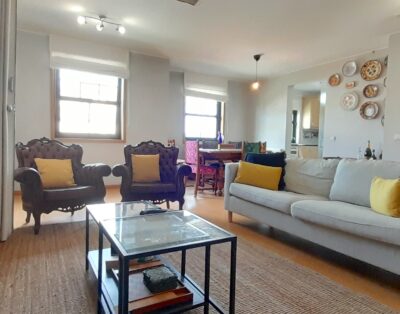Introduction to Portugal’s Housing Decree-Law “Mais Habitação”(MH)

Introduction to the Housing Decree-Law
Portugal has enacted a Housing Decree-Law aimed at addressing the challenges within the housing market. The primary objective of this legislation is to increase housing availability while ensuring accessibility and affordability across the country. This post provides an overview of the law’s key components, its intended objectives, and the mechanisms it introduces to achieve these goals.
Objectives of the Legislation
The Housing Decree-Law seeks to:
- Enhance the availability of housing through various financial incentives and the provision of public land for housing projects.
- Support the development of affordable rental housing to increase accessibility for a wider demographic.
- Encourage the rehabilitation of urban spaces to make them more livable and to attract investment.
- Facilitate the conversion of short-term lodging facilities into long-term residential units to balance the housing market.
Strategies and Measures Introduced
The law introduces a comprehensive strategy that includes:
- Financial Incentives: Providing financial support to developers and investors for constructing affordable rental housing.
- Public Land Concessions: Making public lands and buildings available for the development of affordable housing projects.
- Support for Housing Cooperatives: Offering assistance to housing and construction cooperatives through access to financing and land concessions.
- Urban Rehabilitation: Encouraging the rehabilitation of urban areas to improve living conditions and attract investments.
- Conversion of Lodging Facilities: Proposing a framework for converting lodging facilities into long-term residential units to increase housing stock.
Implementation Mechanisms
To implement these strategies, the Housing Decree-Law outlines specific mechanisms, including:
- Establishing a framework for financial incentives to lower the entry barriers for affordable housing projects.
- Designating public lands and buildings for housing development to reduce land acquisition costs.
- Providing guidelines for the support of housing cooperatives, enabling them to contribute significantly to the housing market.
- Introducing measures for urban rehabilitation to foster investment in older and underutilized spaces.
- Setting criteria for the conversion of short-term lodging into residential units to ensure a balanced approach to housing and tourism.
Expected Impact
The law aims to address the housing shortage by increasing the availability of affordable and accessible rental options. By leveraging both public resources and private initiatives, the legislation intends to create a more inclusive housing ecosystem. The support for housing cooperatives and the emphasis on urban rehabilitation are expected to contribute to the development of sustainable and vibrant communities.
Monitoring and Future Steps
The successful implementation of the Housing Decree-Law will require ongoing monitoring to assess its impact on the housing market and to ensure that the objectives are being met. Future adjustments may be necessary to refine the law’s mechanisms and strategies based on feedback and observed outcomes.
Conclusion
The Housing Decree-Law represents Portugal’s legislative effort to tackle the housing challenges facing the country. By introducing a range of measures and strategies, the law aims to increase housing availability, support affordable housing development, and promote urban rehabilitation. As the implementation progresses, the impact of these measures on Portugal’s housing landscape will become clearer.

